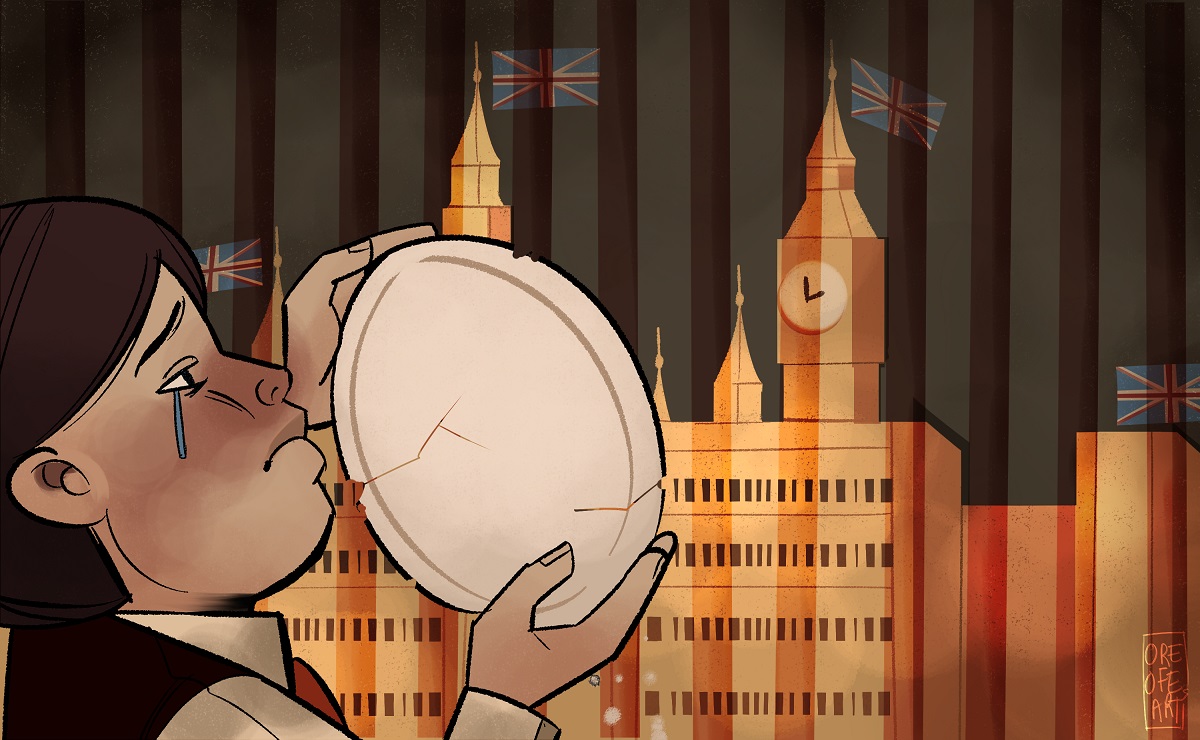For the last seven years the editors of Lacuna have invited young people, aged 14 to 18, to tell their own stories about human rights and social justice.
The Writing Wrongs Schools Programme, run from the Centre for Human Rights in Practice, is a free course, offering a series of workshops led by professional writers and journalists supporting young people in high schools to write about human rights issues that matter to them.
Winners in the past have tactfully examined experiences such as immigration, forced marriages, and human trafficking.
In her piece of climate fiction, our latest winner, 18-year-old Semilore Kaji-Hausa, creates a dystopian world haunted by grief, with protagonist Micah navigating an oppressive sponsorship system amidst escalating violence and protests. She examines themes of immigration, oppression, and the dystopian forces impacting this fictional world – a poignant exploration that challenges us to reflect on the parallels with our own.
Below you can find Semilore’s piece along with stories from our previous winners and runners-up.
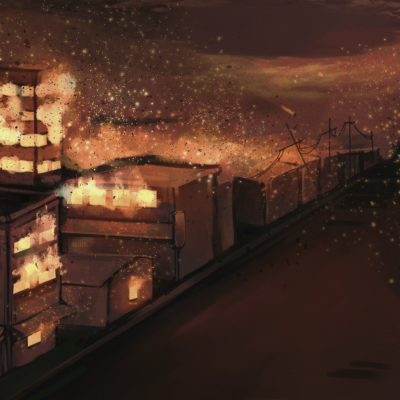
The Passing: A climate fiction short story
Inspired by real-life examples, including the droughts in Madagascar and shifts in Nigeria's rainy season, 18-year-old Semilore Kaji-Hausa explores immigration, oppression and global dystopia in a world marked by grief.
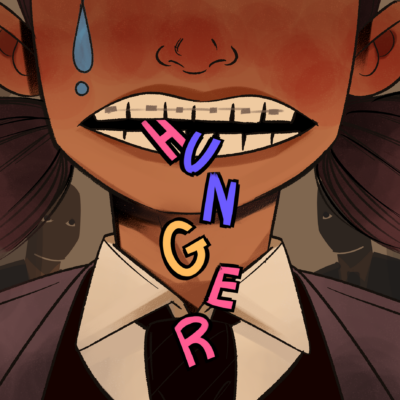
Free school meals: Why did MPs vote against helping hungry children like me?
As the UK faces its worst cost-of-living crisis in 40 years, 17-year-old Ellie Beckett shares her experience of stigma and shame while on free school meals. She asks why footballers are campaigning against food poverty, while MPs turn away.
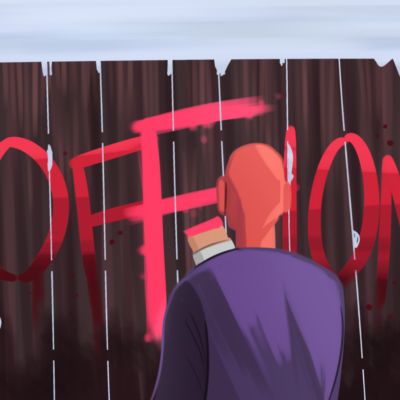
The Foreigner: One family’s journey from Pakistan to the UK
This vivid short story gives us a glimpse into one family’s journey from Pakistan to the UK. Our 16-year-old writer presents a sensitive and spirited description of immigrant life, based loosely on the experiences of his grandfather.
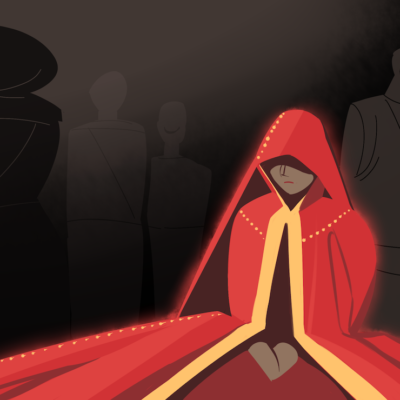
The Maid of Honour Violence
One woman struggles to prepare herself for a forced marriage in this daring and unusual poem. The invisible briefly becomes visible as her conflicting emotions are revealed.
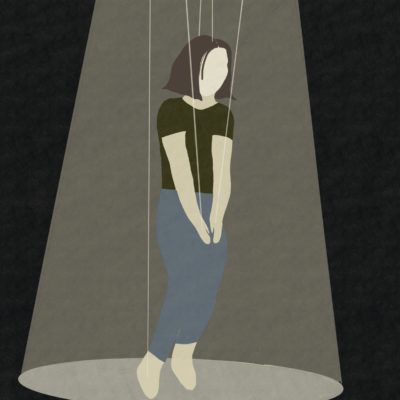
Her Story
In this powerful poem spanning a year in the life of a sexual abuse survivor, our 16-year-old writer describes the impact of abuse and raises questions about the way the legal system handles these crimes.
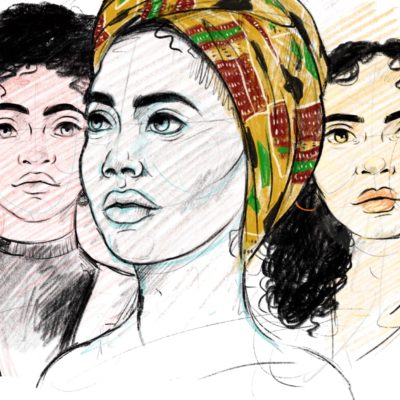
Am I a person or a colour?
“Protests ended, but I still see the hate…”
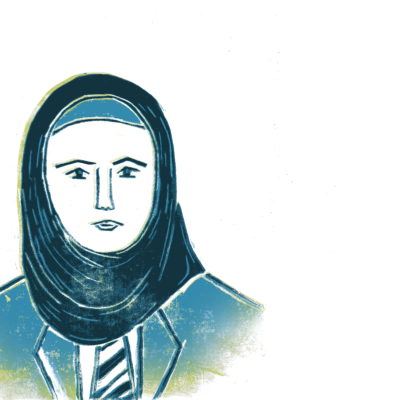
Targeted as terrorists: The problem with ‘Prevent’
“I was investigated at school by the government’s anti-radicalisation programme.”

Eyes blurry: What does an anxiety attack feel like?
In this short fictional story our 16-year-old writer describes an anxiety attack, a mental health issue affecting increasing numbers of young people at school.
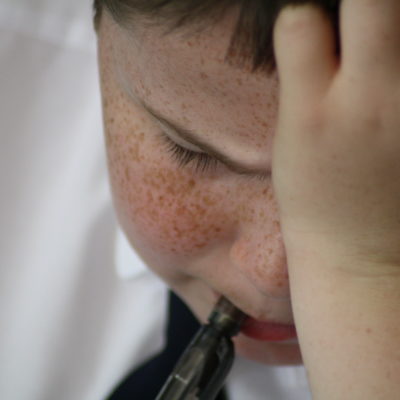
GCSEs: Are major changes to school exams damaging children’s health?
Our 17-year-old writer interviews a GCSE student who suffered severe exam stress and investigates how the UK’s education system is making children ill.
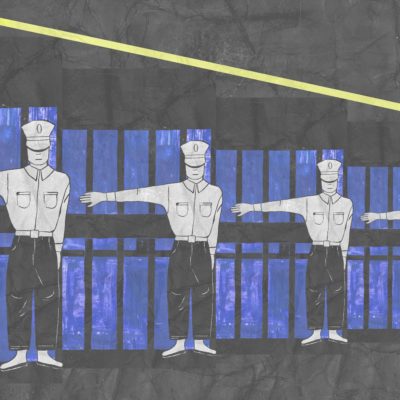
Are we creating new dangers by exaggerating the threat of terrorism?
Comparing the perceived threat of terrorism with the protection of human rights and civil liberties, our 16-year-old writer presents the story of 17 Muslim men detained for years without charge or trial. She finds the Belmarsh case is as relevant as ever.
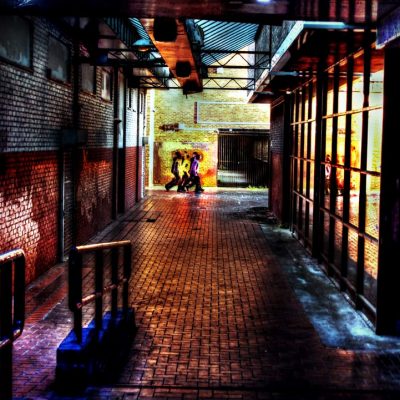
Smuggled and Exploited: Human Trafficking and Refugees
Nadia and Adrian were a young couple from Eastern Europe, in their early twenties. Their lives were difficult, they barely made enough money to pay their bills. One day, a man offered to bring them to England where they could begin their young lives afresh.
